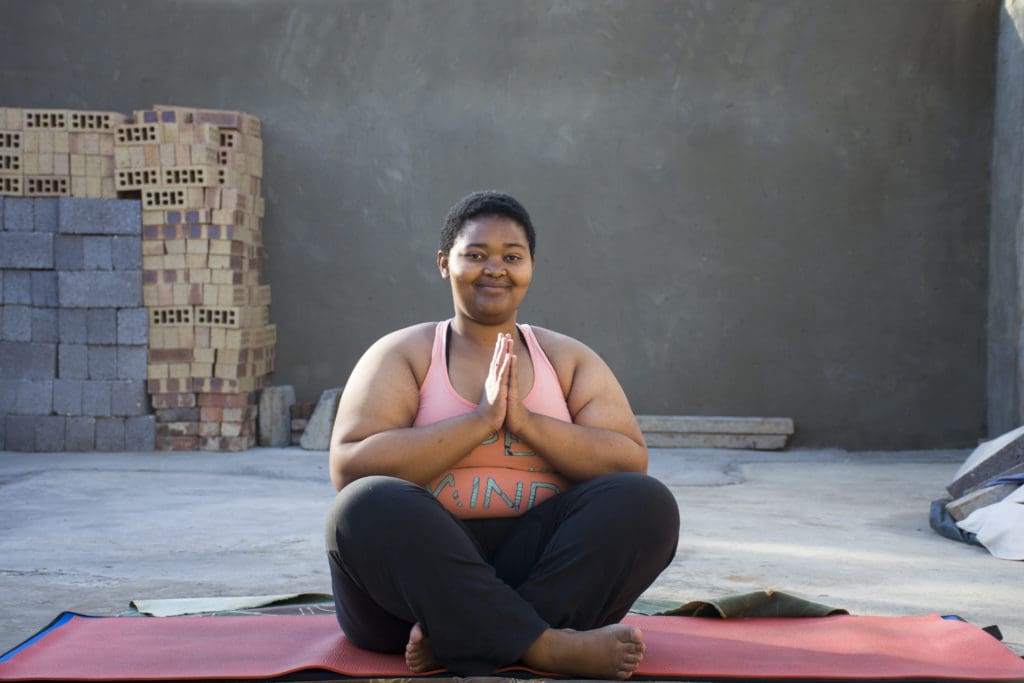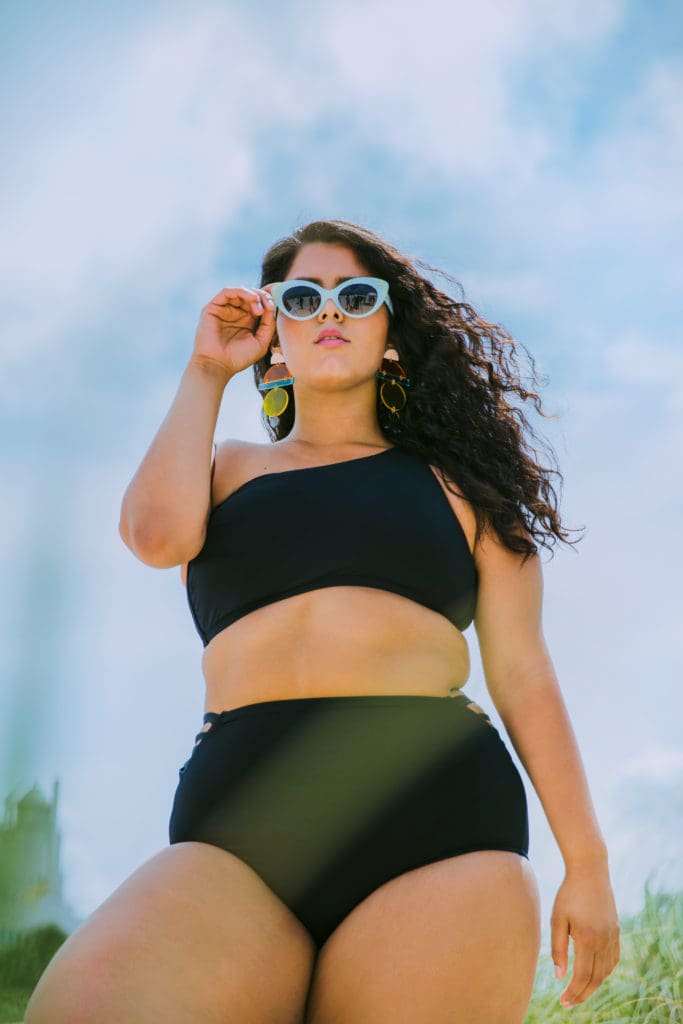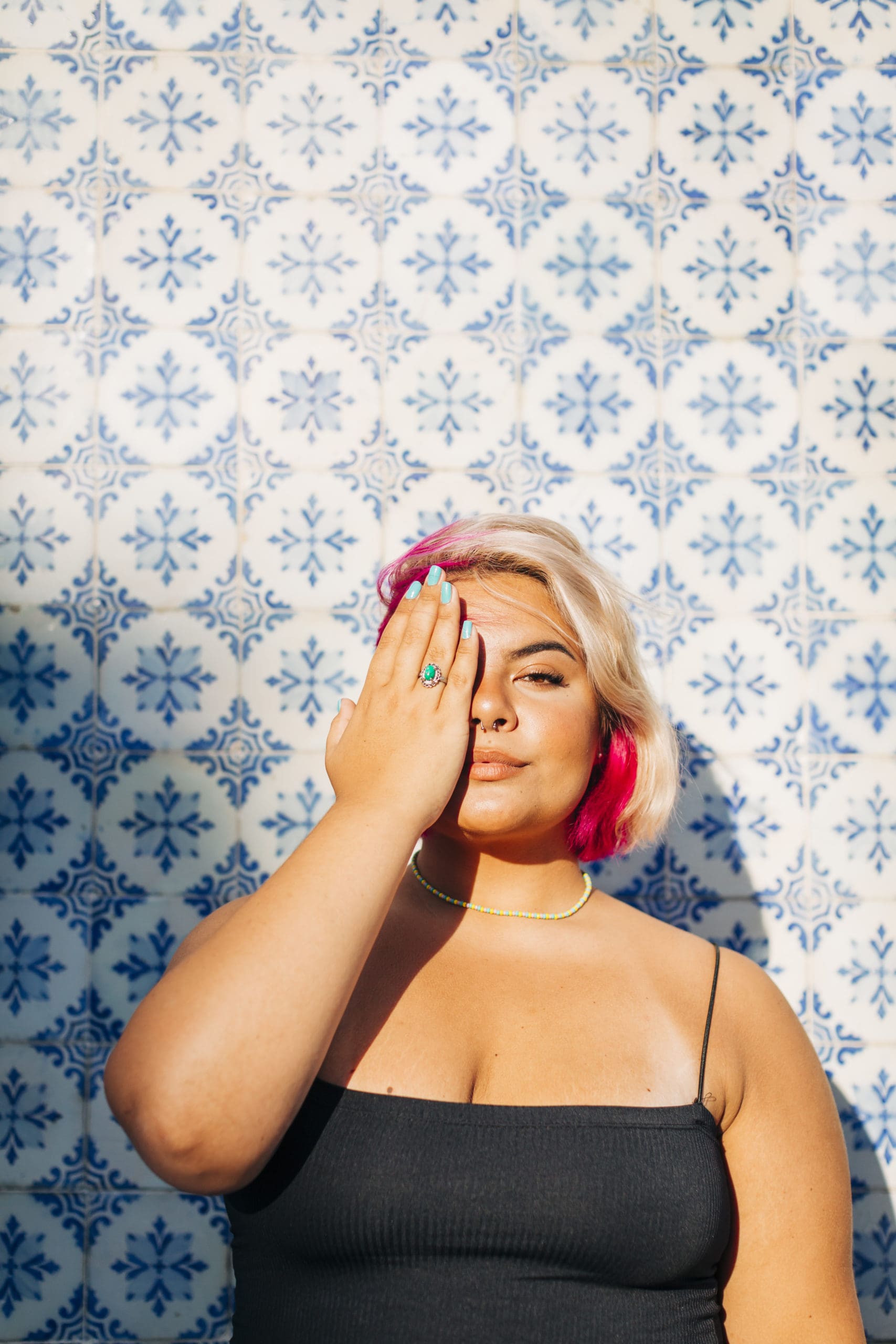Without aging myself, I am just going to put this out there: I was a teenager in the peak diet culture era of the late 1990s and early 2000s. Let me paint a picture for you—a size 2 was considered plus size, JLo’s tush was widely ridiculed before the Kardashians entered the scene and anyone who didn’t conform to the wafer thin America’s Next Top Model body type was seriously looked down upon. To sum up, it was a terrible time. Without exaggeration, I don’t think I know a single friend who didn’t at some point go through body issues and looking back now it was such a shame that the media and our communities placed such an emphasis on this stereotype.

I look at the teens of today and I am much more inspired by them and the way they are approaching body acceptance and understanding. From magazine covers to our celebrities, we are seeing a generation evolve from exclusion to inclusion in such a strong way.
And it doesn’t begin and end with the media and entertainment—the desire for body positivity and representation spans across so many of us. At Pinterest, we’ve seen that desire explode—with terms like “body positive photography aesthetic” increasing 7x and a +32% growth in the search term “how to become more confident”. We want Pinterest to be a place where everyone belongs—regardless of body shape or size. At Pinterest, we strive to create a culture where healthy living and healthy body image can thrive, which is why beginning July 2021 we updated our ad policies to prohibit all ads with weight loss language and imagery. As a result of this, we saw the number of searches with the term “weight loss” decrease by 20% year over year.

If there’s one thing I’ve seen, it’s that when it comes to advocating for body neutrality, the community is broader and better than ever before. In my line of work, there is often a lot of discussion around community and finding your people online. And I can’t lie—feeling like I was a product of a different mindset—a negative mindset—these days I am always looking for ways to support a more inclusive and inspired community. It’s one of the main reasons I am so proud to work at Pinterest, where we are deliberating developing guidelines that are designed to keep the platform not just safe, but positive, for everyone. And we are working with creators who create a culture and community where healthy living and a healthy body image can thrive.
Because personally, the last thing I’d want is for anyone to feel the way that we did back in the day. And I really do not want to be a part of something that contributes to those negative stereotypes. We’re committed to not only serve inspiring content, but also to identify and prevent harmful content including misinformation, hate speech and others. —Alexandra Nikolajev, Global Senior Lead, Creator Content and Partnerships at Pinterest

Be the first to comment